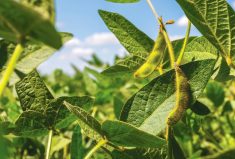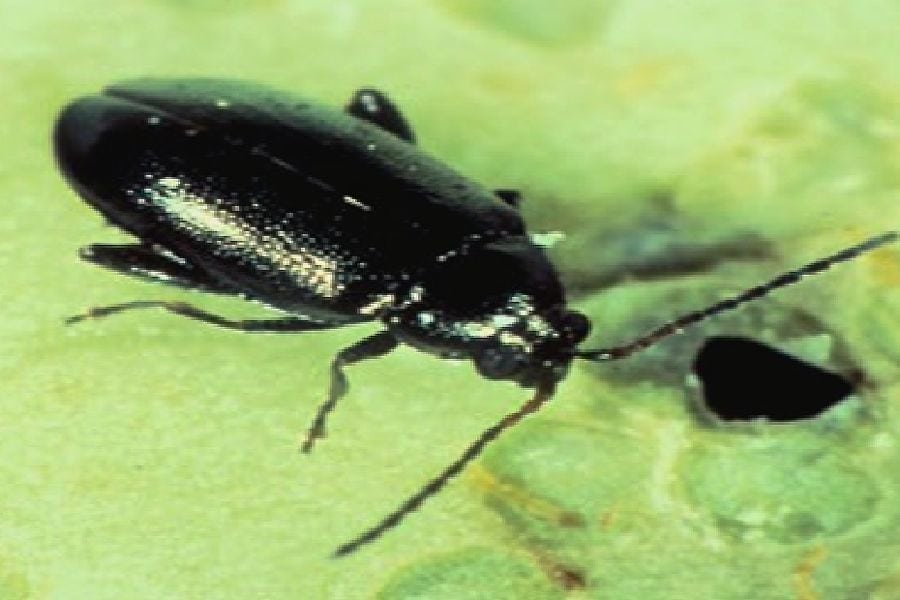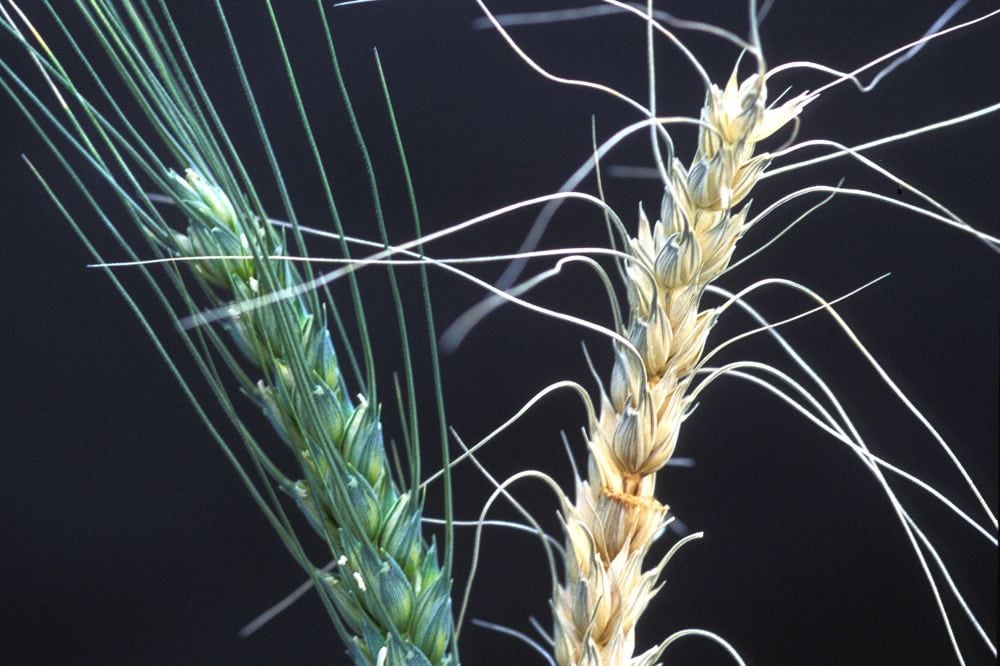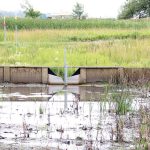Cold plasma—the state of matter that makes up northern lights—could protect seeds against insects and enhance plant growth, a study from Arkansas suggests.
“If this works, then we can come up with a method to expand at a scale where we can add cold plasma to complement existing seed treatments to boost their growth and defense against insect herbivores,” said Rupesh Kariyat, associate professor of crop entomology at the University of Arkansas in a news release.
The study was published in the journal Nature in January.
What is cold plasma?
Cold plasma is the fourth state of matter alongside solid, liquid and gas. It’s created by electrical discharge in a low-pressure gas. It’s the most common form of matter in the universe. It’s found mainly in stars, but it’s also what makes up the northern lights.
On earth, it’s used in fluorescent lighting, which creates light with little heat.
Cold plasma as a seed treatment
University of Arkansas researchers treated rice seeds with cold plasma and the irrigated them with cold plasma-activated water. Water treated with cold plasma has some antimicrobial properties, the news release said.
They also independently measured the growth of Fall armyworm on a diet partially made up of cold plasma-treated water.
Fall armyworm is a pest that damage hay and small grains, according to the university’s extension service.
Researchers found that treating the rice seeds this way could negatively impact fall armyworms’ growth and development.
They also saw signs of improved plant growth from the treated seeds, including more leaf growth.
The seeds also germinated slightly faster, though untreated plants eventually caught up. This suggests that cold plasma could benefit initial plant growth but is less beneficial in later stages of the plant’s growth cycle.
Read Also

Tips for staying safe this harvest season
Kristin Hoffman of WSPS explains measures for increased farm safety around harvest season
Other uses in agriculture
Karyiat and fellow researcher Mahfuzur Rahman said they hope to apply cold plasma to the field of organic food production.
“In the future, if we can optimize this technology for organic production, it will create a very new avenue for organic food growth,” Rahman said.
Researchers from the University of Alberta have demonstrated that cold plasma can be used to decontaminate grain damaged by mycotoxins. High temperature treatment is ineffective against mycotoxins, and while they can be degraded using chemicals, those leave residues and have environmental effects.
Cold plasma does not leave residue.
“By treating these grains, we can prevent financial loss to the industry and prevent health effects to animals and humans that are using these grains,” said University of Alberta researcher Ehsan Feizohalli.














